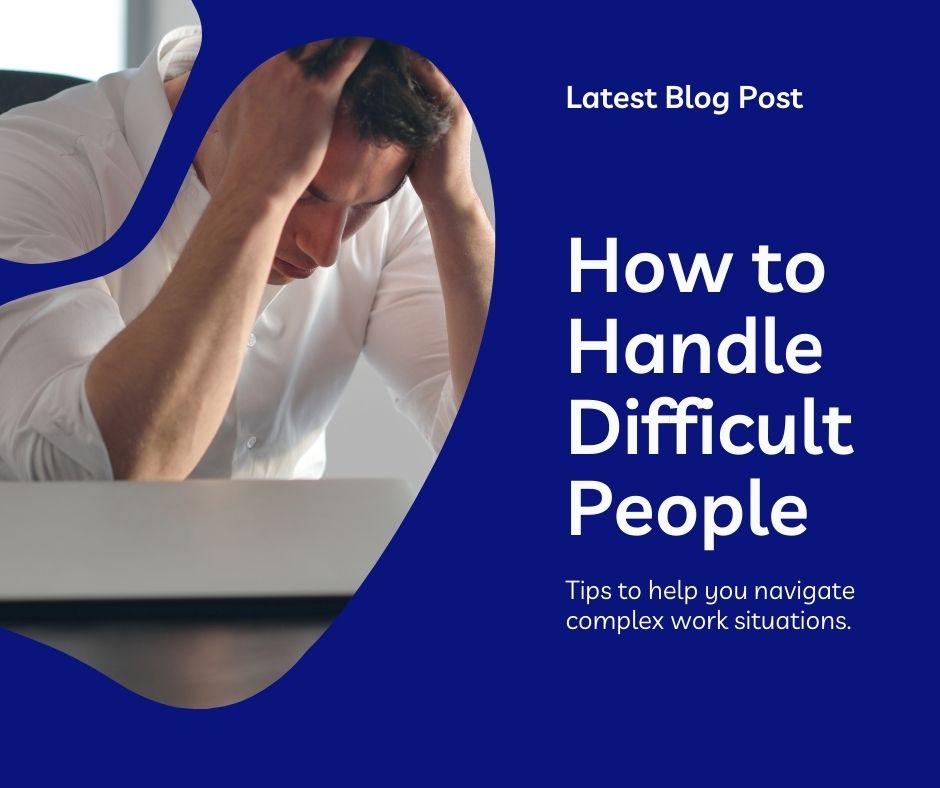In today’s fast-paced and interconnected world, encountering difficult people isn’t just a possibility – it’s a given. But with the right strategies, navigating these situations becomes less about confrontation and more about understanding. Let’s delve into the complexities of human behavior and how best to handle them.
Recognizing The Spectrum of Difficult People
Recent studies from sources such as The Harvard Business Review and Psychology Today have expanded on the typologies of challenging personalities in professional settings:
- Discussion Dominators – Overpower conversations, often overshadowing others.
- The Unyielding Experts – Feel the need to offer their opinion, even when unsolicited.
- Silent Resisters – Exhibit passive resistance, showing disinterest overtly.
- Snark Masters – Employ sarcasm, veiled comments, or questionable humor.
- The Perpetual Pessimists – find faults in every proposal or idea.
These personalities can strain team dynamics and impede productivity. Yet, remember, the core of their actions often stems from personal insecurities, fears, or past experiences.
Empower Yourself with Effective Strategies
To ensure productive interactions, consider these updated approaches when dealing with difficult people:
- Stay Objective: Focus on the situation, providing data backed responses.
- Seek Understanding: Sometimes, asking questions is helpful to get at the root of the person’s concerns.
- Set Boundaries: While being empathetic is crucial, don’t let it come at the cost of your well-being. Consider involving a neutral third party when necessary.
- Detach Emotionally: Realize their behavior is more about them than you.
- Practice Mindfulness: Techniques such as deep breathing can provide a momentary respite and allow you to respond rather than react.
When all else fails, remember to address behaviors, not character. Personal attacks benefit no one and can further exacerbate the situation.
Prioritize Safety and Respect
While understanding is essential, you should never compromise your safety.
Seek Support: If you ever feel threatened, involve colleagues or superiors.
Stay Vigilant: Be aware of your surroundings and the individual’s actions.
Emotional Wellbeing: Remember, while you should empathize, don’t internalize their behavior as your fault.
“Unfortunately, COVID-19 produced a lot of unhappy or angry people that are now back in the workforce. It will take time and patience before the dust settles. In the meantime, working on your skill set of how you respond to challenges is crucial.” — Tim Dimoff, President and Founder of SACS Consulting and Investigative Services, Inc.
Elevate Your Interpersonal Skills
In a constantly evolving workplace, adaptability is vital. At SACS Consulting and Investigative Services, Inc., we’re committed to equipping you with skills to handle dynamic interpersonal situations. Contact us at 330-255-1101 to explore our range of contemporary training and development programs.

